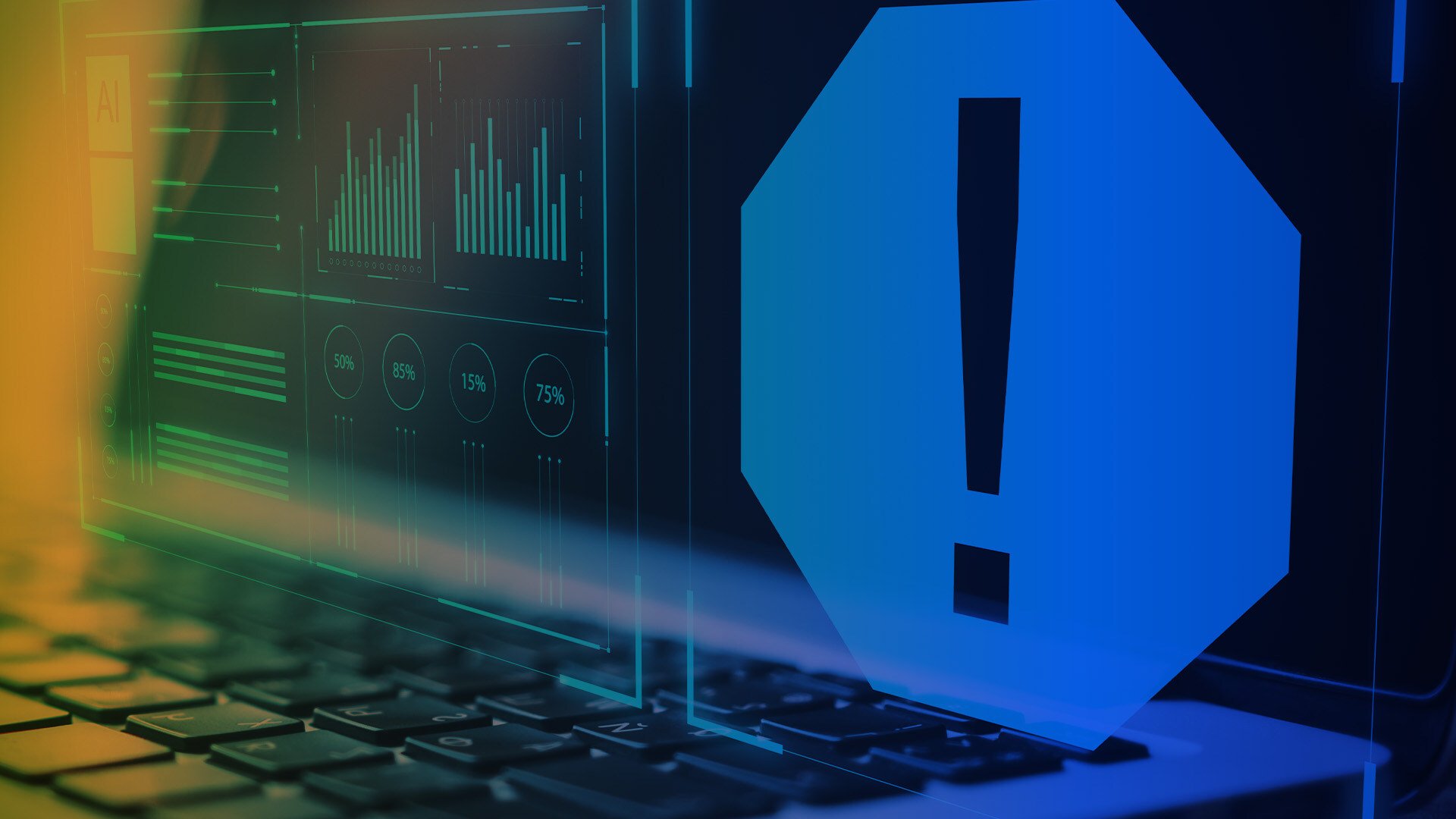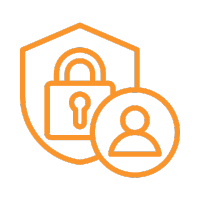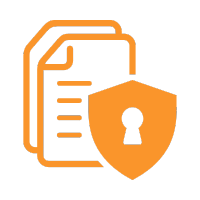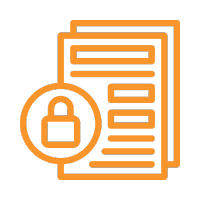
Data continues to leak from endpoints. Whether by accident or malfeasance, endpoints remain porous. However, protection at the cost of end-user experience is not the answer; a solution that balances risk mitigation, user experience, and administrative overhead is required.
The effects of data loss are real and lasting. Unless organizations take the appropriate measures to ensure data is secure, data leakage will wreak havoc.
The average cost of a data breach in the US is $9.48 million.
of companies suffering from a catastrophic data loss do not survive – 43% never reopen and 51% close within two years.
of all business workstations are not being backed up.
Cigent addresses data losses with its Endpoint Data Protection Platform. We offer an array of capabilities from a single solution with efficient cloud management. Organizations will no longer have to choose between risk mitigation and user experience as the solution is nearly transparent to users.
Cigent’s layered protection includes:



Find answers to common questions and concerns about our products, implementation, and support.
What is data loss and data leakage, and how do they differ?
Data loss occurs when data is accidentally deleted or corrupted, making it inaccessible to users. This can happen through hardware failures, software issues, or human error. Data leakage, on the other hand, refers to the unauthorized transmission of data from within an organization to an external destination or recipient. This can be due to security breaches, improper disposal of data, or unintended email sends. Both pose significant risks to an organization's security and require different strategies to manage.
What are the common causes of data loss and leakage?
Common causes of data loss include physical damage to storage devices, power outages, software malfunctions, and accidental deletion of data. Data leakage can be caused by malware, phishing attacks, insecure networks, or accidental sharing through misconfigured permissions or human error. Both types of incidents can also be exacerbated by inadequate security measures or lack of employee training.
How can businesses effectively prevent data loss and leakage?
To effectively prevent data loss and leakage, businesses must adopt a multifaceted strategy. Regularly backing up data is crucial as it allows for the recovery of information in case of loss. Employing robust security software, such as anti-virus and anti-malware programs, helps protect against unauthorized access and data breaches. Implementing strict access controls and user permissions minimizes unnecessary exposure of sensitive data.
How does Cigent help organizations protect against data loss and leakage?
Cigent specializes in advanced cybersecurity solutions that protect against both data loss and leakage. Our products include:
What should an organization do in the event of data loss or leakage?
In the event of data loss or leakage, an organization should: